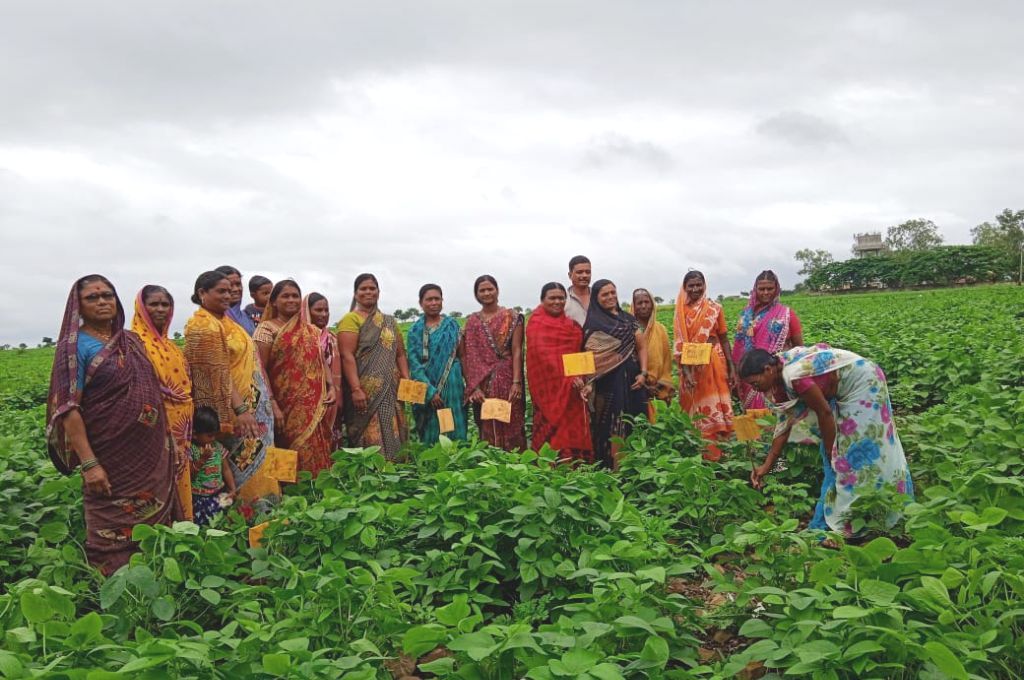New Delhi, December 3, 2024: India’s cooperative sector is projected to generate 56 million self-employment opportunities by 2030, contributing to the country’s goal of becoming a $5 trillion economy. A new report by Primus Partners, a leading Indian consultancy, highlights the transformative potential of cooperatives in driving financial inclusion, rural development, and socio-economic empowerment.
Agricultural cooperatives are identified as a key driver in this growth, contributing over 10% to India’s GDP by 2030. The report’s findings align with remarks made by Prime Minister Shri Narendra Modi at the Global Cooperative Conference 2024, where he emphasized the importance of cooperatives in shaping India’s sustainable and inclusive growth.
India’s cooperative network, the world’s largest, accounts for nearly 30% of the 30 lakh cooperative societies globally. These cooperatives are vital in empowering rural and semi-urban areas, providing affordable credit, and promoting financial inclusion. Their role extends to boosting agricultural productivity, supporting small industries, and fostering women-led enterprises.
Opportunities and Challenges for the Cooperative Sector
The report notes that while cooperatives hold significant promise in transforming rural livelihoods, barriers such as limited access to technology, market visibility, inadequate financing, and the need for enhanced capacity-building initiatives persist.
To address these challenges, Primus Partners recommends several strategies:
Technology and Market Access: Integrating cooperatives into platforms like the Open Network for Digital Commerce (ONDC) to streamline logistics and expand market reach, along with creating e-marketplaces for women-led cooperatives like ‘Janani.’
Capacity Building: Establishing Centers of Excellence (CoEs) in partnership with organizations like Krishi Vigyan Kendras (KVKs) to offer training in digital tools, entrepreneurship, and modern agricultural practices.
Financing: Expanding Priority Sector Lending (PSL) and fostering partnerships with international agencies for concessional loans and grants, alongside leveraging CSR initiatives for sustainable funding.
Branding and Scalability: Strengthening the visibility and reputation of cooperatives through comprehensive branding strategies and aligning them with the ‘One District One Cooperative’ (ODOC) model.
Governance and Regulatory Frameworks: Improving governance within cooperatives by introducing regulatory frameworks under the RBI’s oversight to ensure transparency, compliance, and standardized operational procedures.
“Cooperatives are critical in driving farmers' incomes and advancing an Atmanirbhar Bharat, while also contributing to India’s achievement of its SDG targets by 2030,” said Mr. Ramakrishnan, Managing Director, Primus Partners. “By focusing on enhancing financial inclusion, strengthening rural economies, and fostering sustainable agriculture practices, cooperatives can create a ripple effect that benefits entire communities, laying the foundation for long-term prosperity and growth.”
The report also highlights the success of the Sahyadri Model, a cooperative initiative in Maharashtra that has empowered over 25,000 farmers across 48 Farmer Producer Companies (FPCs). Founded by Mr. Vilas Shinde, Sahyadri Farms has integrated technology to expand market access, boosting farmers' incomes and improving global competitiveness. With operations spanning 40,000 acres and exports to over 40 countries, the cooperative provides a sustainable revenue model for small farmers.
Primus Partners advocates for a National Mission for Cooperative Development, which would integrate these strategies into a cohesive framework. The mission would focus on building digital infrastructure, providing shared services, and creating tools to enhance the efficiency and transparency of cooperatives.




















.jpg)



